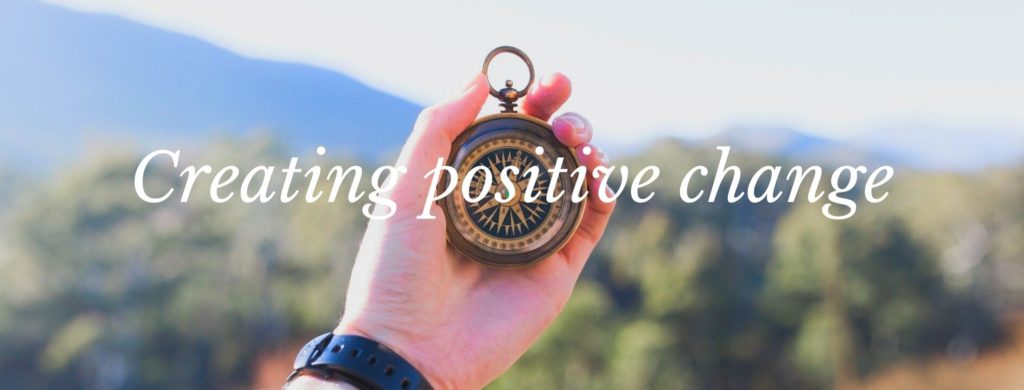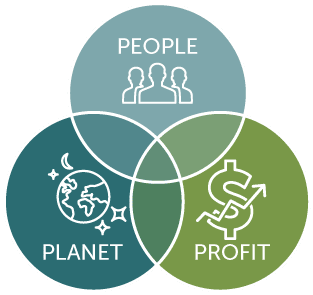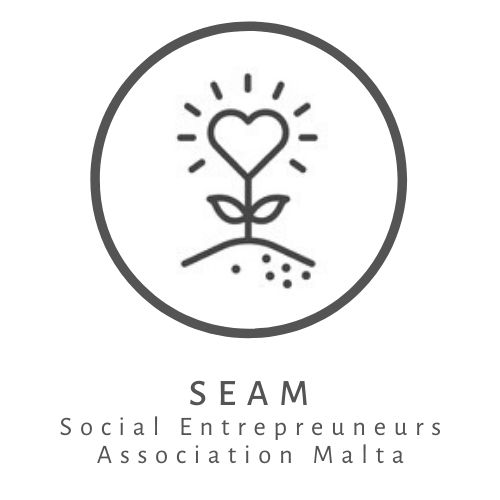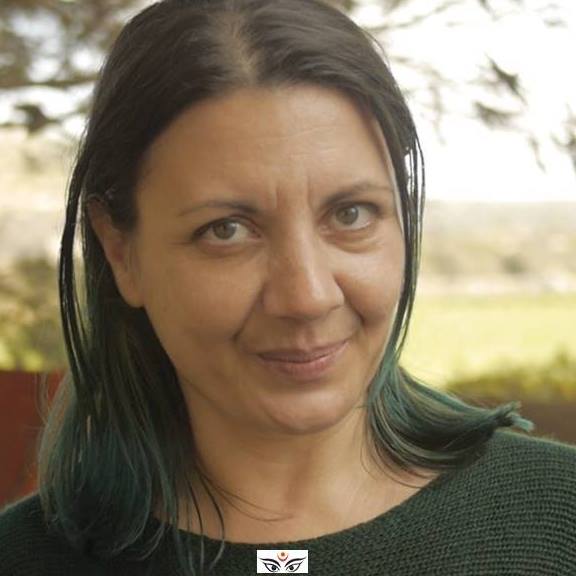
Globally, women and girls are at greater risk of poverty, violence and abuse than men. They are more likely to be malnourished and less likely to be educated, less likely to run a business or be in positions of leadership. On average women earn 75% less than men for the exact same job and position. Over 350 million women are still living in poverty and it seems unbelievable, in this day and age, that women face this kind of discrimination. Besides the many voluntary organisations and non-governmental organisations that work towards helping and assisting women in need, there is a sector that suggests a way of changing a fundamental aspect of this unfair society. It is called social entrepreneurship.
What is a social enterprise?
A social enterprise is defined as a business entity in the economy sector whose main objective is to have a social impact, rather than make a profit for their owners or shareholders. It operates by providing goods and/or services for the market in an entrepreneurial and innovative fashion and re-invests its profits to achieve its social objectives. In other words, a social enterprise is a company whose mission is to create impact, rather than financial gain.

Women as social entrepreneurs
The number of women as business owners is significantly lower than that of men, but in social enterprises, there is a staggering predominance in female entrepreneurs. Reports show that female leaders are also three times more likely than men to start a social business. This is probably due to the fact that social enterprises are directly related to altruism, care and protection of others, while commercial enterprises pursue solely an economic benefit for the owner. However, the success that female-led social enterprises is gathering world-wide, is proof that women are strong and powerful leaders, as opposed to the allegations that women are too gentle for business and that they should stay at home. Social enterprises, are being called the ‘hidden revolution’ and in many countries they are contributing an important % to GDP. In the UK, for instance, the social enterprise sector is calculated at £60 billion – three times higher than the agricultural sector.
Women not only possess the best characterises to run a social enterprise, but are also key players in supporting the female movement around the world. Here are 3 examples of powerful women running successful innovative social enterprises while empowering other women.
- Sairee Chahal, founder of SHEROES, brought a revolution with her platform which provides flexible jobs for women in any phase of their lives. Her venture has helped 1 million women to become independent.
- Roshni Assomull and Shaleena Chanrai, the owners of Bella Kinesis, a sportswear UK brand that funds business education to a woman in rural India to support her starting a business of her own, with each sale.
- Sue Barnes created Subz, to help under privileged girls in South Africa to have access to sanitary pads and therefore allowing them to not miss school days. The pads are distributed free of charge accompanied by essential education on female reproductive organs.
Social Enterprises in Malta
There are several social enterprises in Malta working in the social and/or environmental sector. Most of them are indeed run by women and most of them fill important gaps between what corporate for-profit enterprises offer to the community and charities that depend on donations. They operate on ethical principles and rigorously follow the famous ‘People-Planet-Profit’ motto.
In response to the lack of a legal framework for social enterprises in Malta, a voluntary organisation was founded in April 2020 with the objective to raise awareness and educate society about the concept social entrepreneurship and provide a holistic package for social enterprise to be able to grow and thrive. SEAM – Social Entrepreneurs Association Malta was also set up to lobby for the recognition of the Social Enterprise Act as a legal business type in Malta. In May 2021, Minister for Energy, Enterprise and Sustainable Development Dr Miriam Dalli presented in Parliament a bill for the setup of a legal framework for social enterprises, which is currently being discussed, and is definitely, a step in the right direction.

Conclusion
The promotion of social enterprise is therefore a way of empowering women and moving towards gender equality. Social entrepreneurship is evolving quickly and many respectable CEOs from around the world envision that all businesses in the future will be social enterprises, while more and more commercially-oriented companies are embracing the social mindset.
The Dalai Lama said: ‘According to scientists, women have more sensitivity than men. Sometimes I really feel that more women should take responsibility in the leadership of our planet.’
The fact is, that when women become social entrepreneurs, everybody wins. Yet, a 2019 report by EmpowerHer, describes the difficulties encountered by women social entrepreneurs including lack of recognition, lack of support, lack of funding, and lack of opportunities based solely on their gender. There is still much work to be done.
Zen D’Amato Gautam is the President of SEAM and the Founder of Eco Market Malta.
Wham is also a social enterprise. Our main aim is not profit but to employ and empower women who for one reason or another cannot work outside their homes, and to promote women’s voices in the media. All employees and contributors work remotely. Remote working also contributes towards the environment reducing emissions and traffic.
Do you have any experience with social entrepreneurship? Share your journey with us at wham. Contact us or send us an email at [email protected]

Driven by the commitment to leave a better world for her two daughters and future generations, Zen uses her entrepreneurial skills in raising awareness and creating initiatives that help people transit towards a sustainable way of life. Zen studied Hospitality Administration and worked in the industry for 20 years, specializing in corporate conferences and destination weddings; before setting up Eco Market Malta in 2012. She is also qualified in Business Management, and Tourism & Travel Agency Management. Her passions are discovering new corners of the Earth, books, and gazing skywards.
As President of SEAM – Social Entrepreneurs Association Malta, she is an advocate for social enterprises and believes that every business should integrate the triple bottom line.





